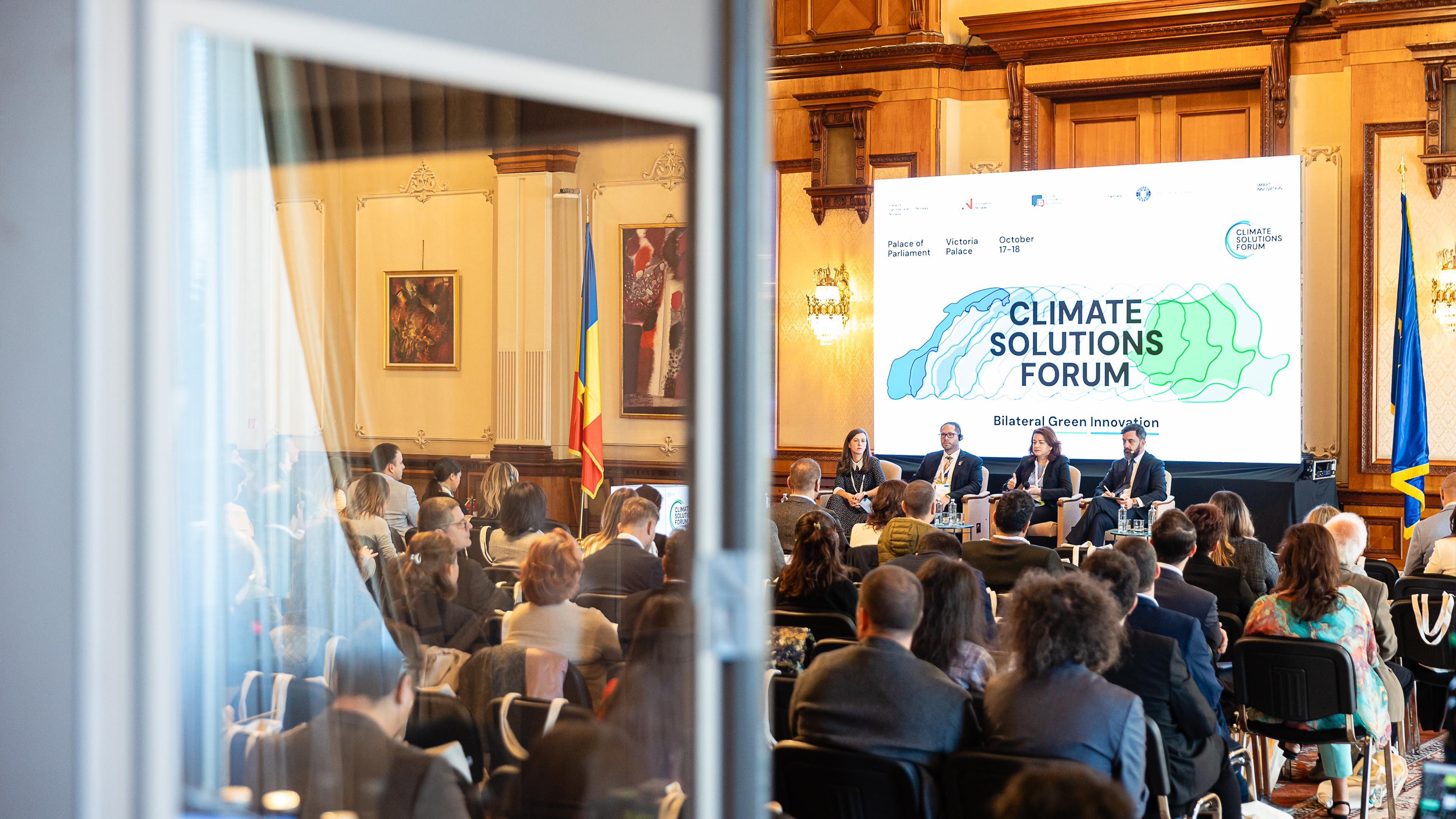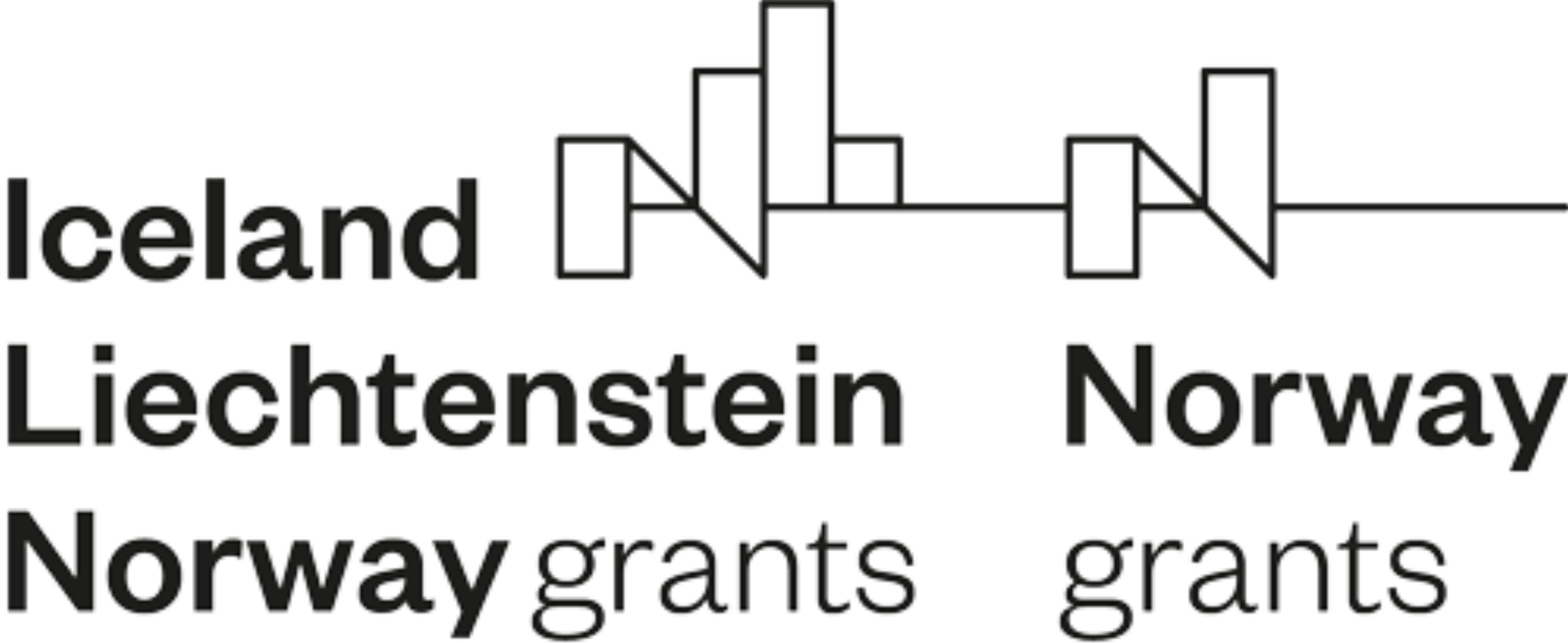Bilateral Cooperation in the Green Transition: A Step Towards a Greener Tomorrow
 © Altcumva
© AltcumvaThe Open Call for Bilateral Cooperation in the Green Transition
The Launch of the Call
The Bilateral Cooperation in the Green Transition call was officially launched on 18 March 2024, to finance activities that support the green transition and encourage future cooperation. Initially, the call offered 1,250,000 euros for projects, but due to due to an unexpectedly high interest rate despite the short time available, the amount was increased to 2 million euros. Ultimately, the final total amount granted by September/October 2024 went up to 4,948,795 or approximately 5 million euros.
High Interest and Substantial Participation
The call received 66 applications, requesting a total grant of 11,155,154 euros. The high level of interest and participation is a testament to the importance and urgency of the green transition. The callwas open to applications from Romania, Norway, Iceland, and Liechtenstein, with the requirement that each application include at least one partner in bilateral cooperation.
Selected Projects and Their Impact
The selected projects are in the implementation phase now and they will be finalized by February 2025.Here are some examples of what the projects are all about:
- Knowledge-transfer and competence-building for energy storage in Romania.
- Cluster cooperation and future project development between Romania, Norwayand Iceland.
- Developingcutting-edge solutions in the clean energy sector with advanced analytics, AI, and IoT for optimizing energy consumption.
- Optimizing hydropower plant operations with knowledge transfer of electricity markets from Norway to Romania.
- Development of a scalable hybrid zero-emission power model using hydrogen fuel cells and batteries for retrofitting diesel generators.
- Organizing a national forum at Romania’s Parliament and a round table at the Government, showcasing research-based innovations in five green economic sectors.
- Support brought to Romanian manufacturing SMEs, green energy school campaigns, research and development.
- Novel solutions for existing geothermal markets, by unlocking new areas where technology has been the only restriction.
- Developing a study plan in collaboration between Romanian and Norwegian Universitiesbased on mastersprogrammes and other curricula from local networks and industrial partners.
- Exploring pathways for Romania and Norway to greener and more circular railway systems, withstrategies for reducing emissions, resource efficiency, and sustainable practices throughout the railway lifecycle.
- An innovative educational tool for green transition measures in an immersive and interactive virtual environment, combining VR and environmental education.
- A feasibility study for a manufacturing plant of aluminum mounting systems of photovoltaics, as the demand is high and currently covered by imports.
- Developingan AI-powered tool for evaluating digital readiness, AI adoption potential, and green transition opportunities in public administrations (two in Romania and one in Norway) to accelerate digital transformation and readiness.
The list of approved projects is published here. Some projects are already well under way, such as a forum on Climate Change Solutions.
Climate Solutions Forum
Building a Greener Tomorrow
By fostering innovation and collaboration, these projects are paving the way for a greener tomorrow. They serve as a model for how countries can work together to achieve common goals and create a sustainable future. The main assessment criteria in this call werenot just the bilateral partnership activities in the activities financed, but also their potential for building lasting relationships that will benefit all involved parties in the long run.
Conclusion
The EEA and Norway Grants places importance on the issue of bilateral cooperation to foster innovation and green transition, building lasting bridges between the countries. The Bilateral Cooperation in the Green Transition initiative is a great example of how international cooperation can lead to significant advancements in sustainability and green technology. A total of 85 entities are in cooperation in various projects through this call, showcasing the success of the call. This call is a step towards an even greater amount of bilateral activity in the future within the area of green transition, connecting Romania, Norway, Iceland and Liechtenstein in important areas of development for a greener tomorrow.As these projects continue to develop, they will undoubtedly contribute to a more sustainable and environmentally friendly future for all countries involved. They serve as a model for international cooperation, demonstrating how countries can work together to achieve common goals and create a sustainable future.
Written by:
Ana-Maria Axenia
Programme Officer for the Energy Programme in Romania
Communication and bilateral activities
Mia Kristine Martinussen
Trainee
